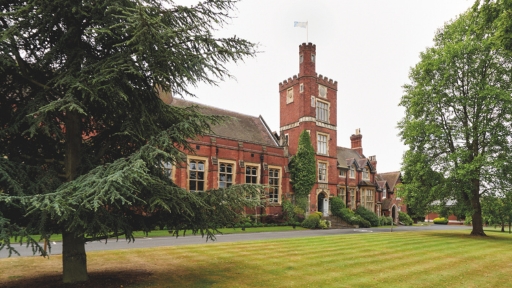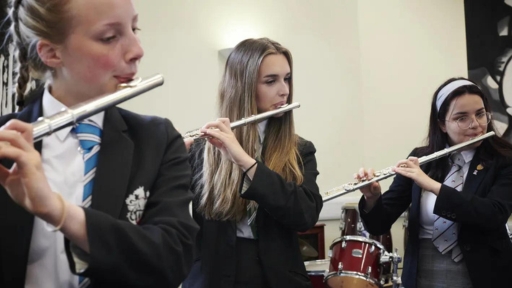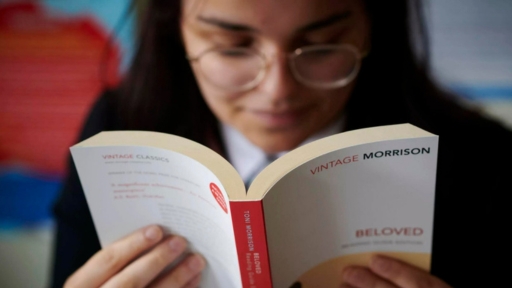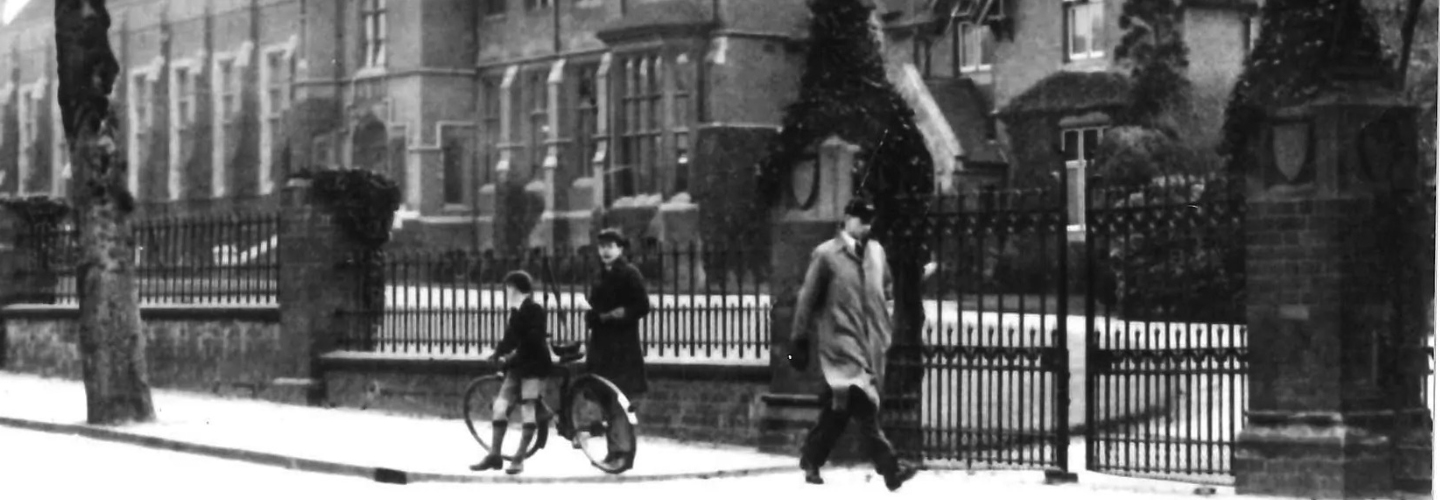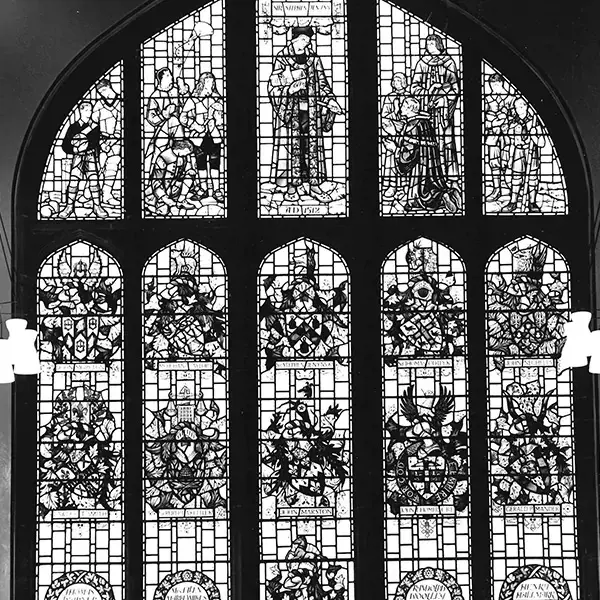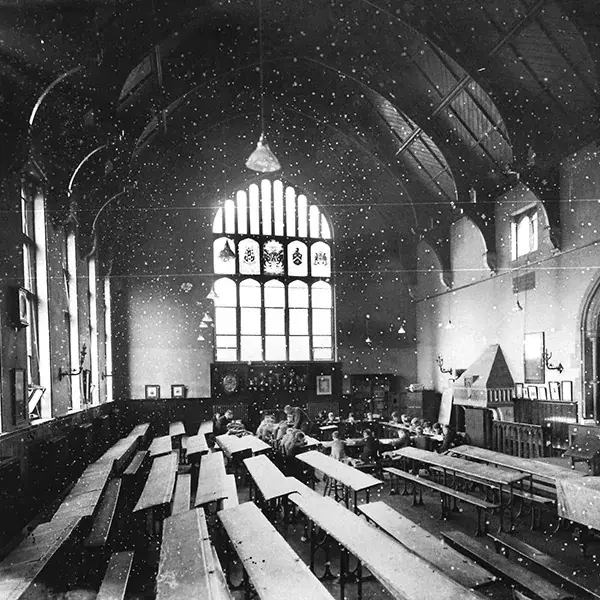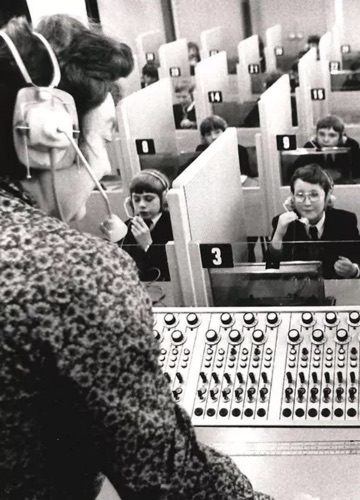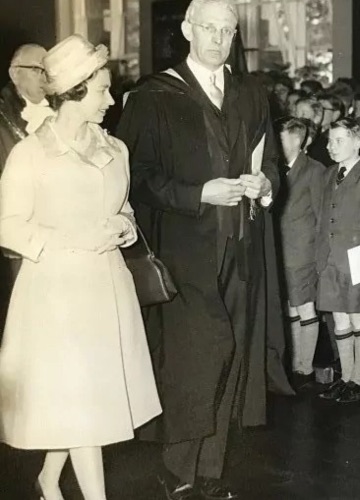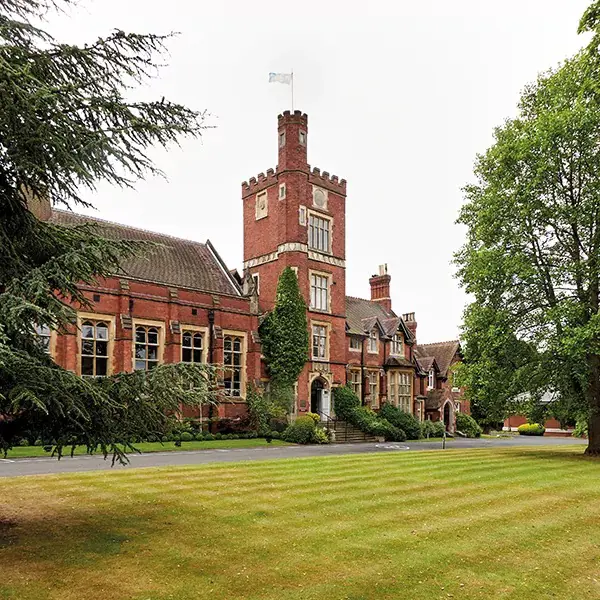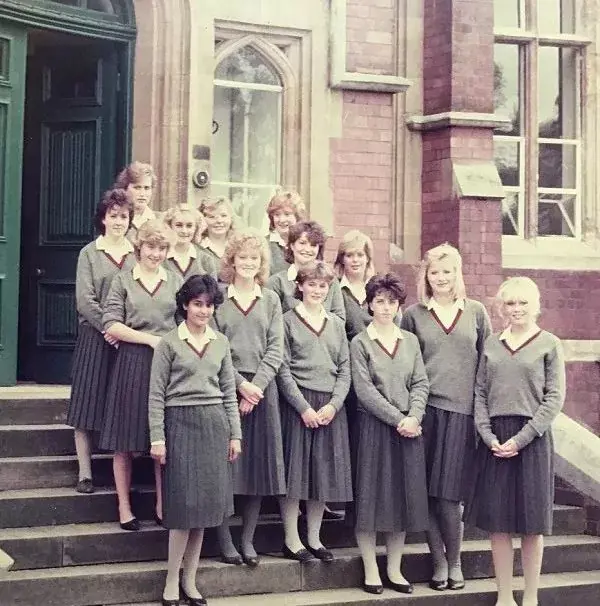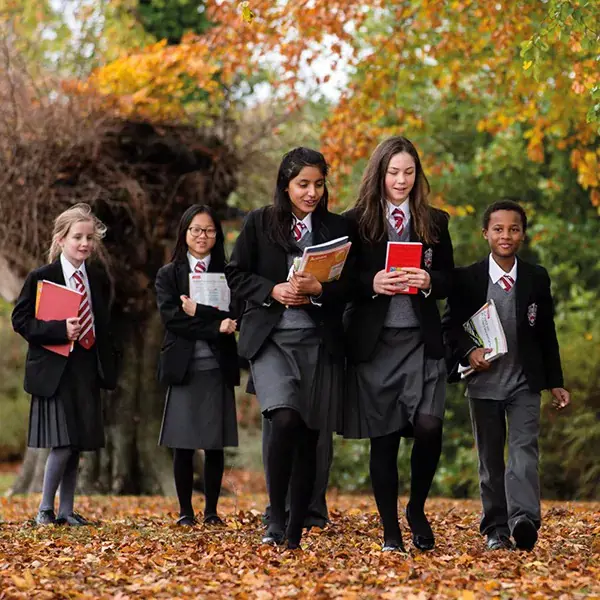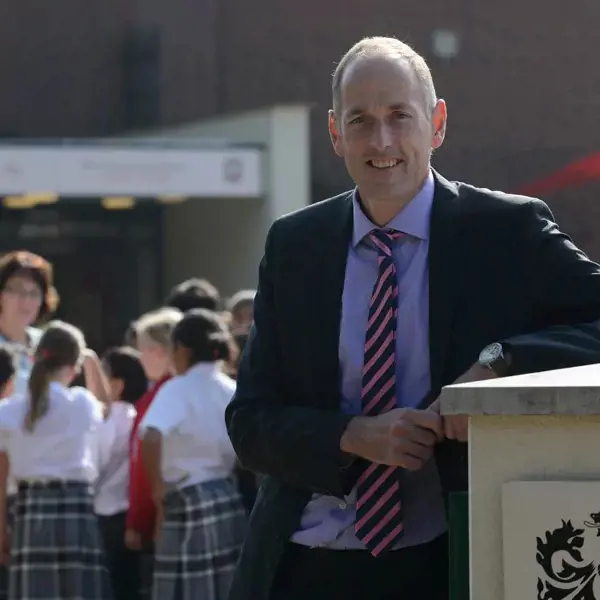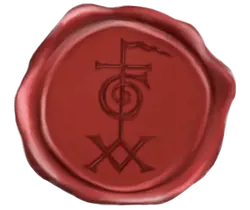
Over 500 years later, Jenyns’ school is now an award-winning, successful co-educational independent school with a national reputation and an alumni community that spans over 30 countries.
Wolverhampton Grammar School was founded in 1512 by Sir Stephen Jenyns to provide a “good, moral education” for the children of Wolverhampton. Although that same impulse motivates us today, children now join our School community from across Wolverhampton, Staffordshire, Shropshire and the wider West Midlands region.
Our History
Back in the 16th century, WGS was only a very small school. Over the years, the number of boys in the School fluctuated, always with a proportion of boarders. Thomas Beach, headmaster from 1865, recognised that the town centre site was too small to allow the School to thrive. He was the driving force behind the bold move to a new site on the Compton Road in 1875, where we have been ever since.
The School was at first accommodated entirely in the main building (Big School). Steady growth in numbers, especially during the headship of Watson Caldecott (1905 - 1923) led to further building. A Junior School (still for boys only), originally developed by Mr Hichens (1895 – 1905) was provided with its own accommodation in a house to the west of the site in 1911. The World Wars came and went and we remember the boys who lost their lives in those wars through the memorial boards in Big School and our remembrance assemblies in November.
Educational changes at the end of the Second War, brought to an end both boarding and, for a time, the Junior School. Under the headships of Warren Derry and Ernest Taylor, WGS became a highly selective and respected State Grammar School into the 1970s.
The possibility of the loss of selective status loomed large at that time and the governors, having made the decision to opt for independence, committed the task of carrying through this major change to a new headmaster, Patrick Hutton, in 1978. The School began charging fees in 1979. A successful Independence Appeal and the introduction of the Government’s Assisted Places Scheme enabled the School to continue offering places to bright boys whose parents could not pay full fees. Girls were welcomed to the Sixth Form for the first time in 1984. In 1992, the next head, Bernard Trafford welcomed girls into the first form.
Students arriving in 1997 were the last to benefit from the Assisted Places Scheme, and the size of the intake fell after this loss. A Year 6 entry known as 'Big Six' was introduced in 2004 and the full Junior School opened in 2011 with Infant classes in 2021. The current pupil roll is now higher and the age range of pupils being educated on the site is now wider than at any time in the School’s long history.
Our Legacy
We partner with a range of local and national organisations to deliver a rigorous education both within the classroom and outside the school.These associations include the prestigious Merchant Taylors’ Company, of which we are the second oldest, and where our founder was twice elected Master.
Over 500 years later, Jenyns’ school is now an award-winning, successful co-educational independent school with a national reputation and an alumni community that spans over 30 countries.
Further information
If you are interested in learning more about the history and heritage of Wolverhampton Grammar School please contact the school to arrange a tour, visit or just to chat with one of our staff or members of our alumni community.
Alternatively, the School has a range of commemorative items available to help celebrate your connections and memories of school – all proceeds from the sale of these items go towards our bursary provision.

Our Founder
The 6th of May 2023 marked the 500th anniversary of the death of the esteemed founder of Wolverhampton Grammar School, Sir Stephen Jenyns.
Jenyns was born in Wolverhampton c.1450. Beginning his career as a wool merchant, he moved to London to join the Merchant Taylor’s Company, where he was elected Master in 1489. Three years before he founded Wolverhampton Grammar School in 1509 (the same year as King Henry VIII’s coronation), Jenyns was elected Lord Mayor of London. He died on 6th May 1523.
To mark this momentous milestone, School Archivist and former Maths teacher, Dr Chris O’Brien, has produced an account of his life, that draws on a wider range of sources than were available to Gerald Mander when he wrote The History of the Wolverhampton Grammar School, which was published in 1913.
WWI Digital Archives
To commemorate the centenary of the unveiling of Wolverhampton Grammar School’s War Memorial in February 1922, a digital archive has been created to recall and honour the sacrifice made by 103 Old Wulfrunians and four masters who died in WWI.
Please click on the button below to find out more about our WWI fallen heroes.

